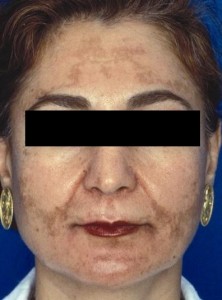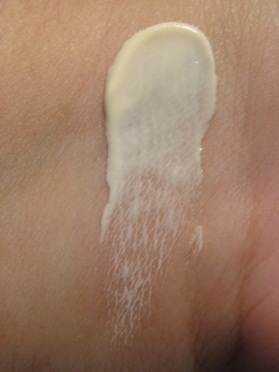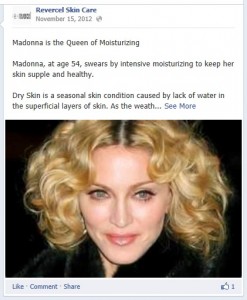
Way back in 2013 a poll by Penn Schoen Berland revealed that women’s worries about wrinkles, dark spots and other aging skin concerns aren’t all vanity. Forty-two percent of women ages 50 to 59 believed they needed to look young to be successful at work.
“Increasingly, both men and women have anxiety about looking older, but the good news is that science has developed natural tools to help us look younger longer,” say Drs. Rick and Arlene Noodleman, the husband-and-wife physician team at Silicon Valley’s Age Defying Dermatology, national leaders in medical and cosmetic dermatology and integrative medical treatments.
Something we all battle daily is damage from free radicals, a term that has entered the public lexicon with little understanding by most people.
“Free radicals are oxygen molecules that have lost electrons through oxidation, making them unstable. If your body doesn’t have enough antioxidants to stabilize them and render them harmless, they can damage cell membranes, which eventually breaks down the proteins that support and plump the skin,” explains preventive medicine specialist Dr. Arlene Noodleman.
“We’re bombarded by free radicals every day”, she says. “We produce them when we metabolize food and even when we breathe. They’re also in the environment – diesel exhaust, air pollution, UV radiation (from the sun) and cigarette smoke are all major producers.”
“What’s worse, those free radical oxygen molecules are always looking to stabilize themselves by swiping electrons from stable molecules, which creates even more free radicals,” says dermatologist Dr. Rick Noodleman. “We have lots of natural defenses against free radicals, but as we age, we begin to lose them,” he says.
Some vitamins are antioxidants, meaning their molecules provide electrons that stabilize the free radicals.
Clinical studies have found that certain of these are effective in preventing damage, or correcting damage such as reducing wrinkles and dark spots. In certain cases, “taking your vitamins” means applying them on your skin so they can work from the outside-in, the physicians say.
• Vitamin A – “There is significant scientific evidence that the form of vitamin A called retinoid, when applied topically, can treat damage caused by sun exposure,” says Dr. Arlene Noodleman. “It can soften fine lines and wrinkles and lighten dark spots.” In one study, subjects had significantly fewer fine wrinkles after applying a prescription-strength retinoid cream (0.1 percent isotretinoin) once a day for 36 weeks. “Of the over-the-counter retinoid products, Retinol appears most effective”, Dr. Noodleman says.
• Vitamin C – “Vitamin C applied topically is much more effective than taken orally”, says Dr. Rick Noodleman. “That’s because vitamin C is relatively unstable — it quickly oxidizes when exposed to air and in certain other conditions. So, to get the full benefit, you would need it in much greater amounts than you would normally consume in a tablet. You can get that benefit by using a topical formulation,” he says. “Look for ‘stable’ vitamin C of the L-ascorbic variety, which offers the best protection against sun damage”, he states. “It reduces lines and wrinkles, protects against sun damage, and encourages production of collagen, one of the proteins susceptible to free radical damage. Importantly, collagen makes up 75 percent of our skin and gives it support and volume.”
• Vitamin B3 – “As a ‘damage corrector’, test-tube studies have shown that vitamin B3 boosts collagen production and clinical studies have shown that it reduces dark spots”, says Dr. Arlene Noodleman. In one significant study, 50 Caucasian women applied a 5 percent vitamin B3 solution to one side of their faces every day for 12 weeks. They had a marked reduction in dark spots, redness and yellowing, and increased elasticity.

The two doctors advise that, for best results, people should buy these topical vitamin products at concentrations that have proved effective
– and use them for the length of time recommended.
Dr. Rick Noodleman, a board-certified, Stanford-trained dermatologist, is an expert in the medical and surgical management of skin disease, aging skin, and advanced cosmetic techniques. Dr. Arlene Noodleman, board-certified in preventive medicine and fellowship-trained in integrative medicine, is a healthy aging expert who focuses on the whole person and strategies that facilitate the body’s innate healing response. Together,the Noodleman’s created the Revercel cosmeceutical and neutraceutical product line which includes products containing vitamins in the amounts and forms scientifically proven to be effective. They include Eye Perfection and Intensive Repair Serums with Retinol and Vita-C Emulsion. For the Silo, Ginny Grimsley.



